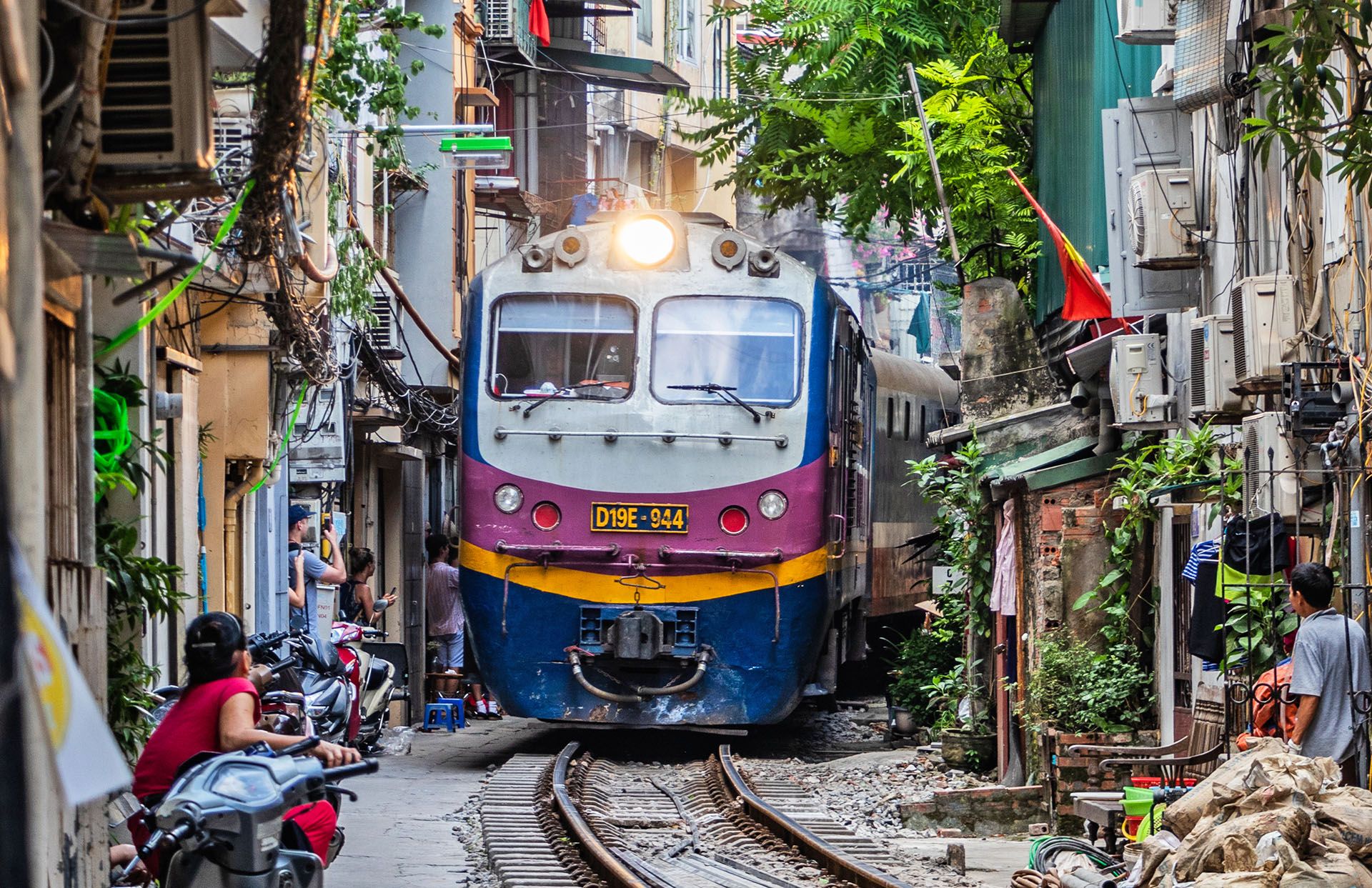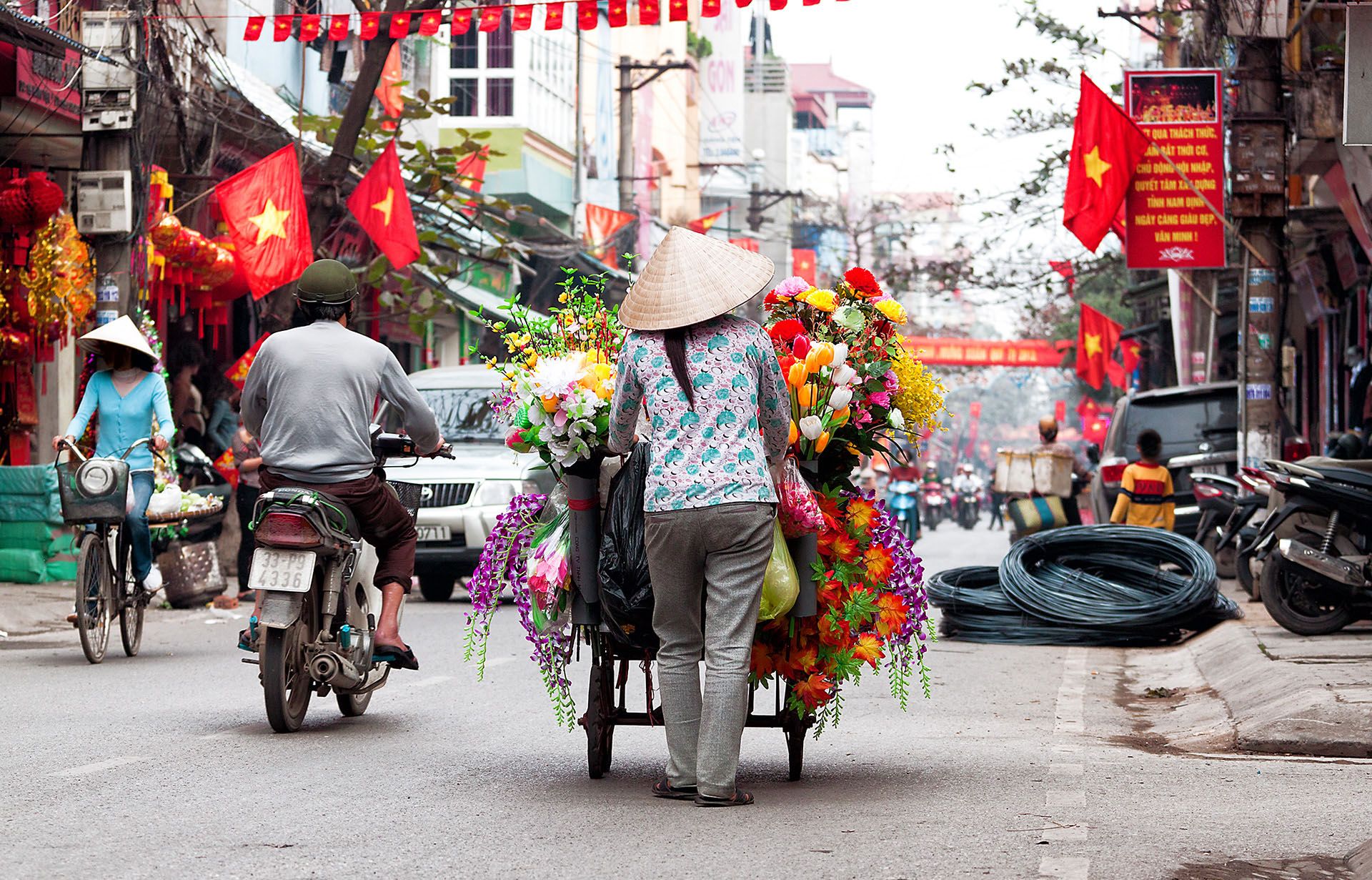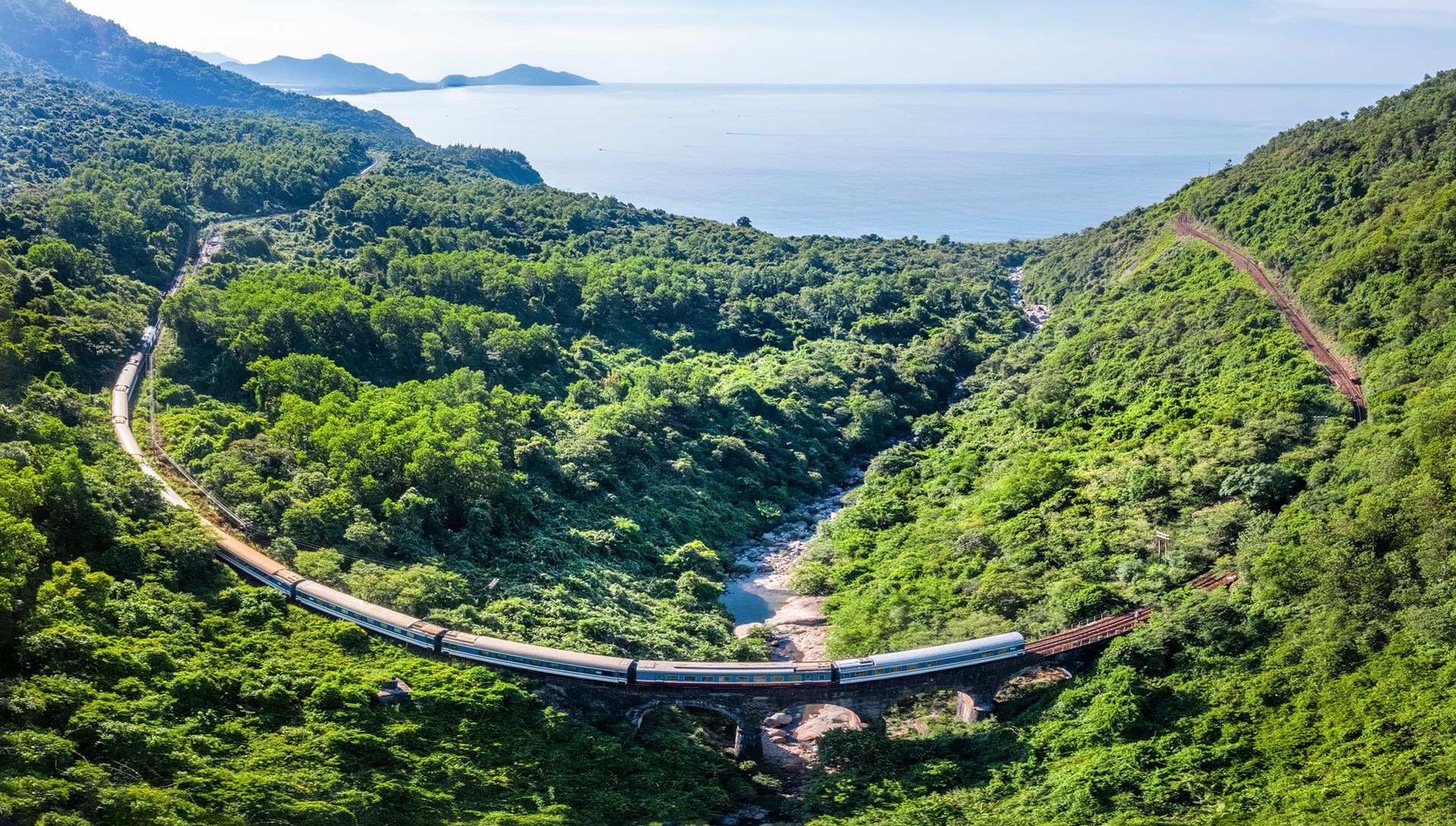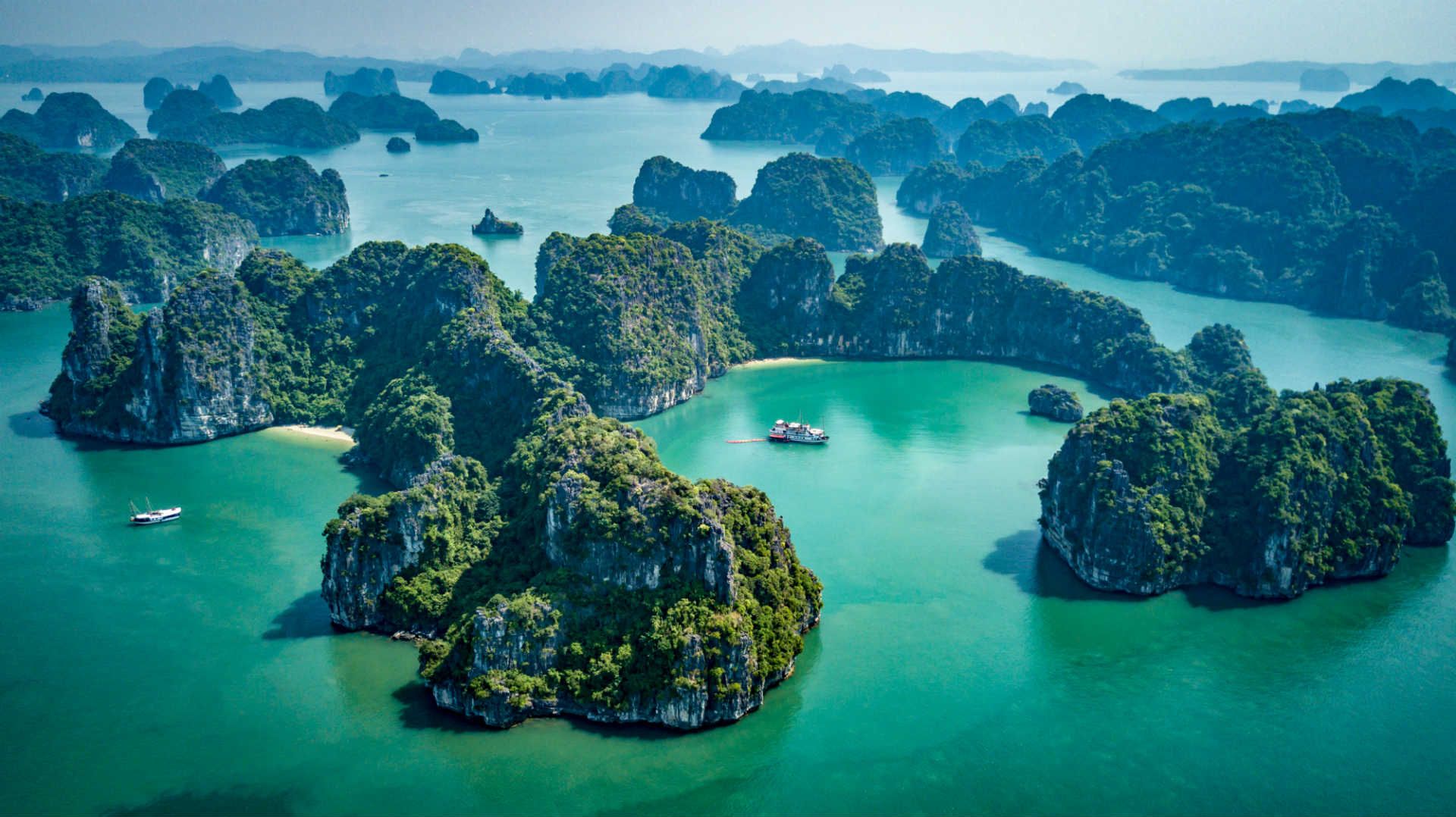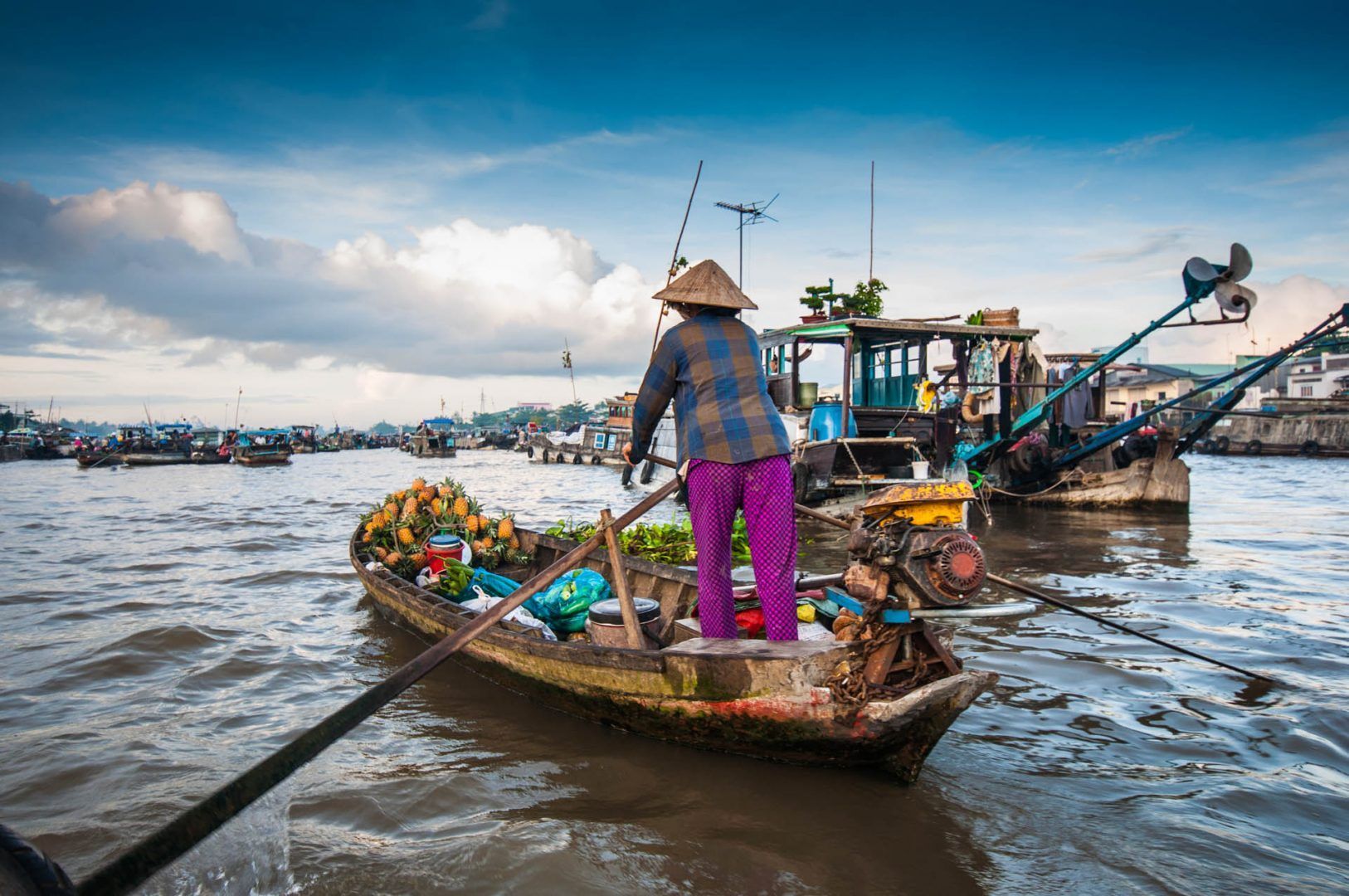- Adventure
- Classic Highlights
- Vietnam
- Local Guides
- Partner
- Travel Advice
- Travel Tips
Planning your own trip? Prepare for your trip
Use Rough Guides' trusted partners for great rates
Travel advice for Vietnam
From travel safety to visa requirements, discover the best tips for visiting Vietnam
- Crime and personal safety tips Vietnam
- Eating and drinking in Vietnam
- Getting around Vietnam: Transportation Tips
- How to get to Vietnam
- Travel Health Vietnam
- Shopping tips for Vietnam
- Sports and Outdoor activities in Vietnam
- Tips and travel advice for Vietnam
- When’s the best time to visit Vietnam?
- Vietnam Weather in September
- Vietnam Weather in November
- Vietnam Weather in June
- Vietnam Weather in July
- Vietnam Weather in December
- Vietnam Weather in August
- Vietnam Weather in January
- Vietnam Weather in February
- Vietnam weather in March
- How to get from Hanoi to Halong Bay
- How To Get From Hanoi To Da Nang
- How to get from Hanoi to Sapa
- Vietnam Weather in April
- How to get a Vietnam visa
- History of Vietnam

